Cards In This Set
| Front | Back |
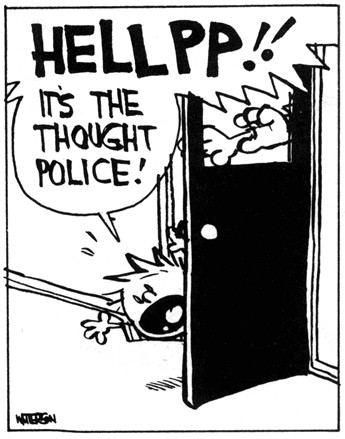 1st Amendment |
Rights: Freedom of religion, speech, press, peacably assemble, petition government
|
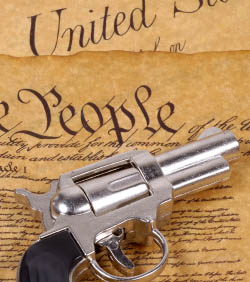 2nd Amendment |
Right to bear arms, well-regulated militia
|
 3rd Amendment |
No quartering of soldiers without consent
|
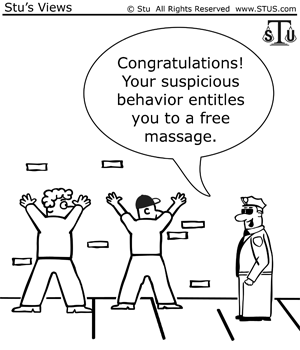 4th Amendment |
Need probable cause for a warrant to search a person or their things, the warrant has to be specific of the people or places to be searched
|
|
5th Amendment
|
No double jeopardy, doesn't have to testify against himself, due process of law, a person has the right to just compensation for property taken for public use
|
|
6th Amendment
|
A person's trial can't be delayed, they are tried by an impartial jury, they have to know what they are being accused of, they can call witnesses to the stand, they can question witnesses that are against them, and the accused has the right to an attorney
|
|
7th Amendment
|
Civil cases are guaranteed a trial by jury, unless both parties agree to a bench trial (no jury)
|
|
8th Amendment
|
The amount of bail should not exceed the seriousness of the crime committed, the accused can not be punished with cruel and unusual punishment.
|
|
9th Amendment
|
The people have more rights than just the ones listed in the Constitution
|
|
10th Amendment
|
All the powers that the Constitution doesn't grant to the National Government belong to the states or the people
|
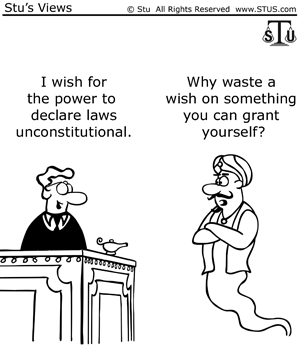 Marbury vs. Madison |
James Madison refused to deliver commissions to the appointed Federalists in the federal courts. Marbury asked the Supreme Court to deliver the commissions, Chief Justice Marshall declared the action unconstitutional, thus, creating "judicial review"
|
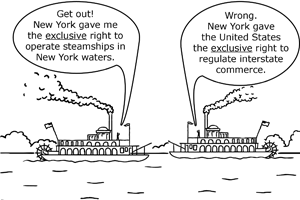 Gibbons vs. Ogden |
Ogden's New York ferry license gave him the right to operate his steamboats to and from New York, but New York argued that it didn't include "landing rights." Court overruled the New York regulations because Federal laws are above State laws (Supremacy Clause)
|
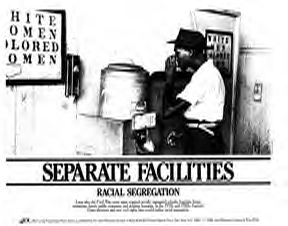 Plessy vs. Ferguson |
Plessy argued that his right to equal protection was violated under a Louisiana law that required whites and blacks to sit seperately on train cars. The Court ruled that segregation was okay if the facilities were equal.
|
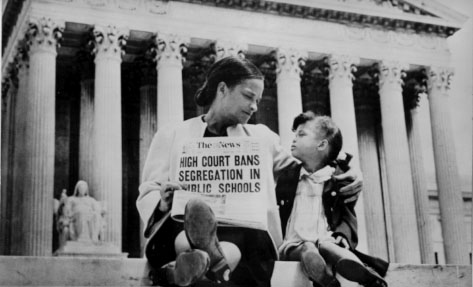 Brown vs. Board of Education |
10-year-old Linda Brown was not allowed to go to the local public school because she was black. The court found that it violated the Equal Protection Clause, overturned Plessy vs Ferguson, and declared segregation a denial of the equal protection of the laws.
|
|
Roe vs. Wade
|
A Texas woman claimed she "had a fundamental right to privacy" when it came to abortions. The Court said that a physician can choose whether he wants to abort the fetus as long as it is before the three-month mark in a woman's pregnancy.
|



